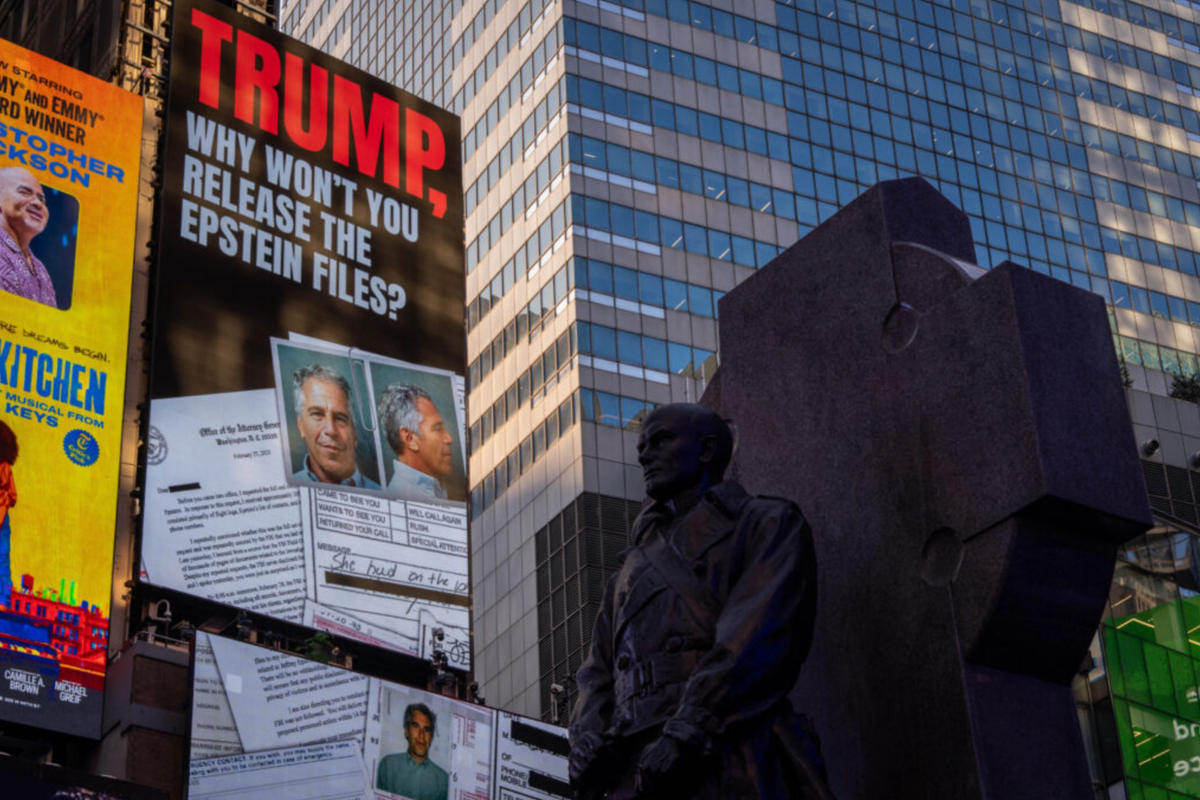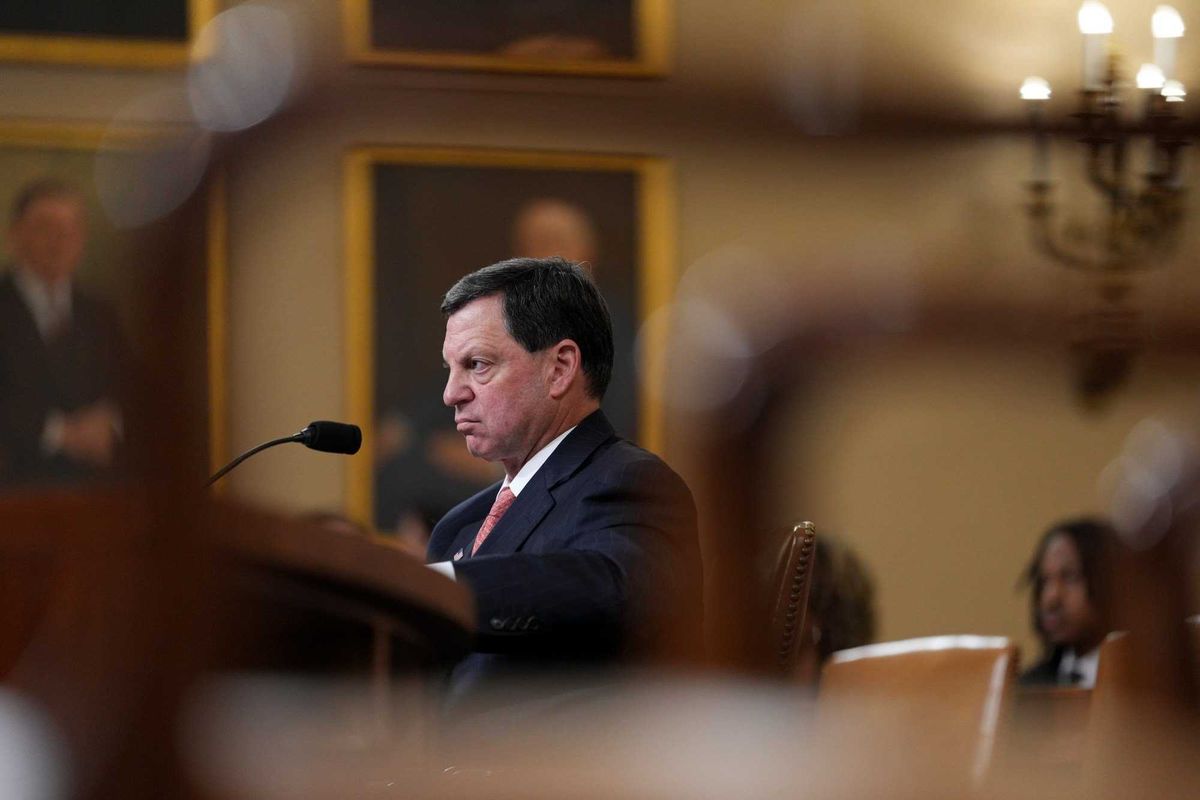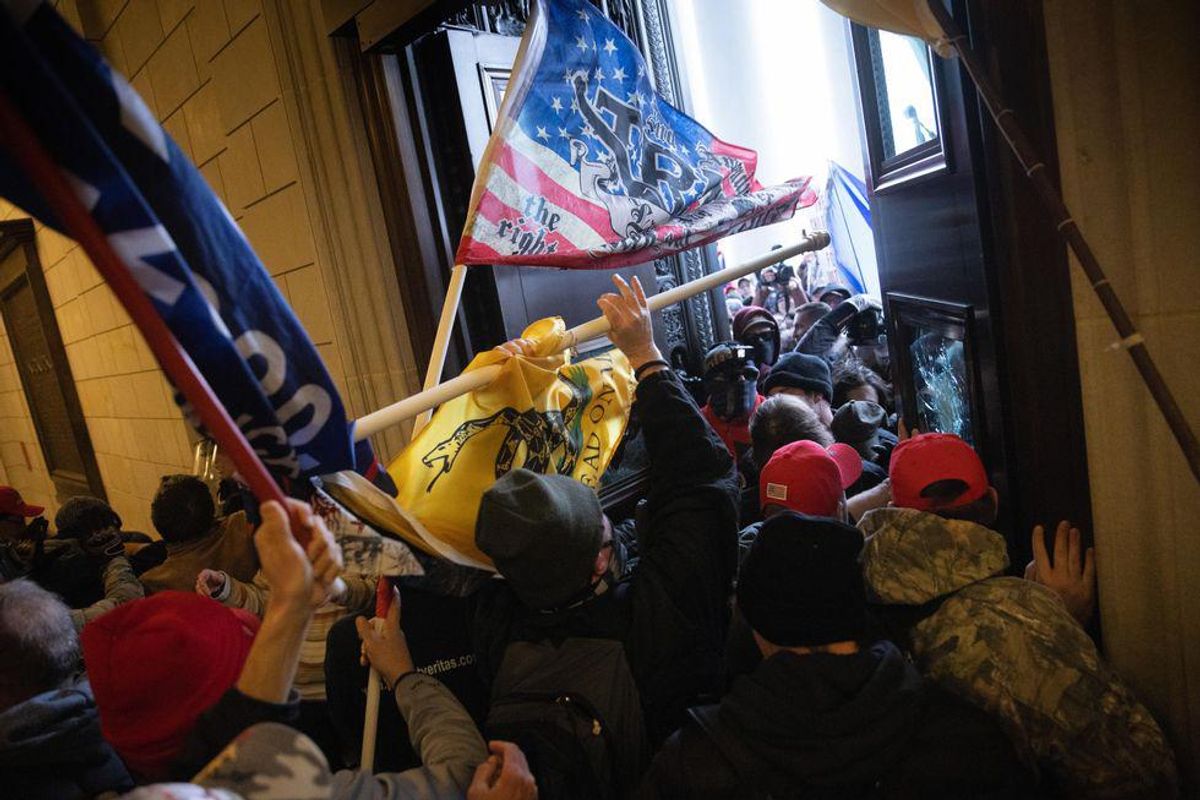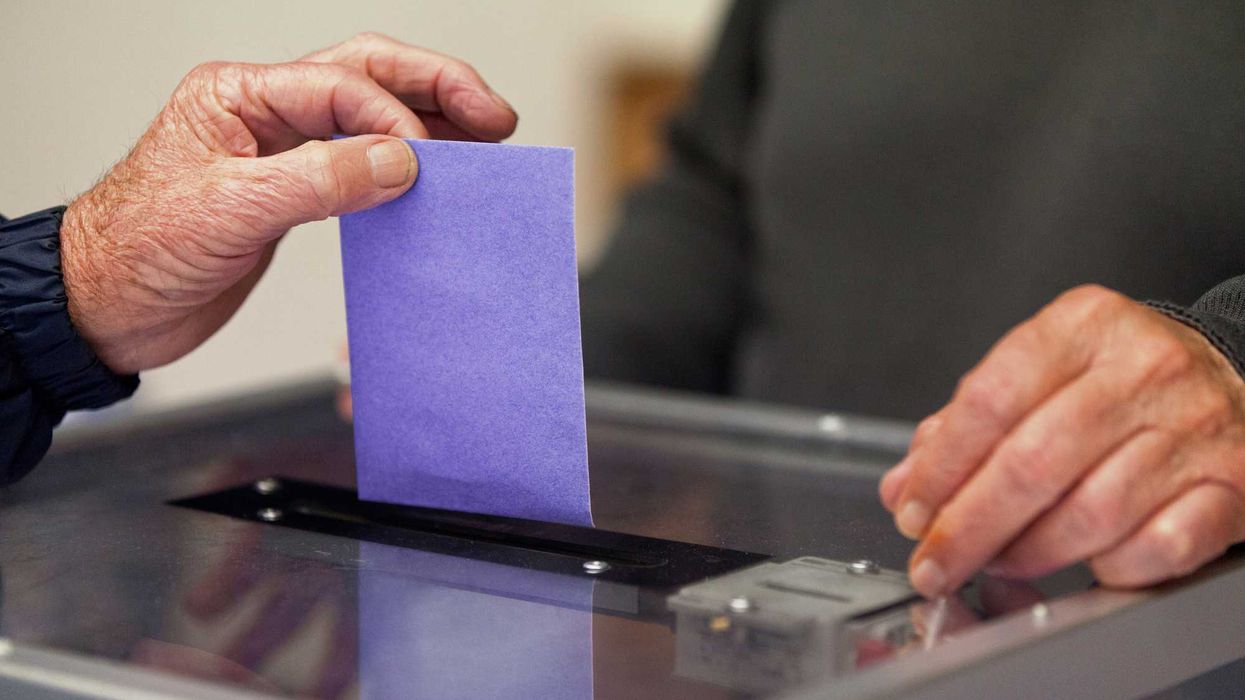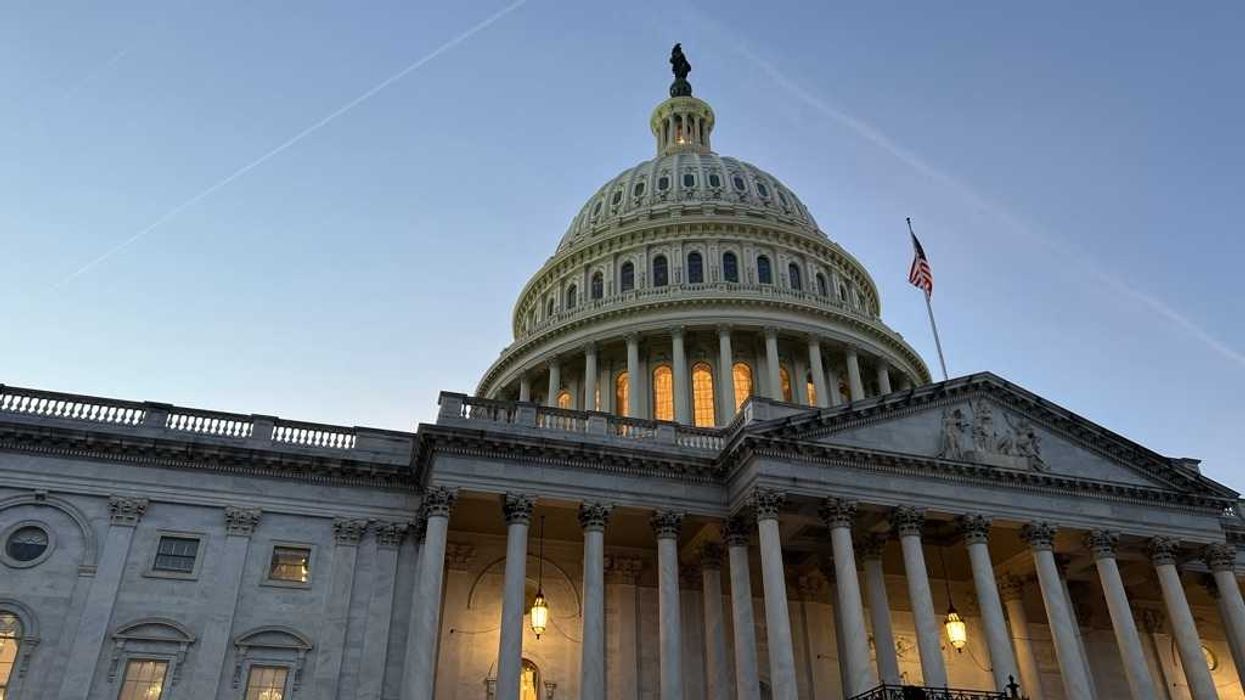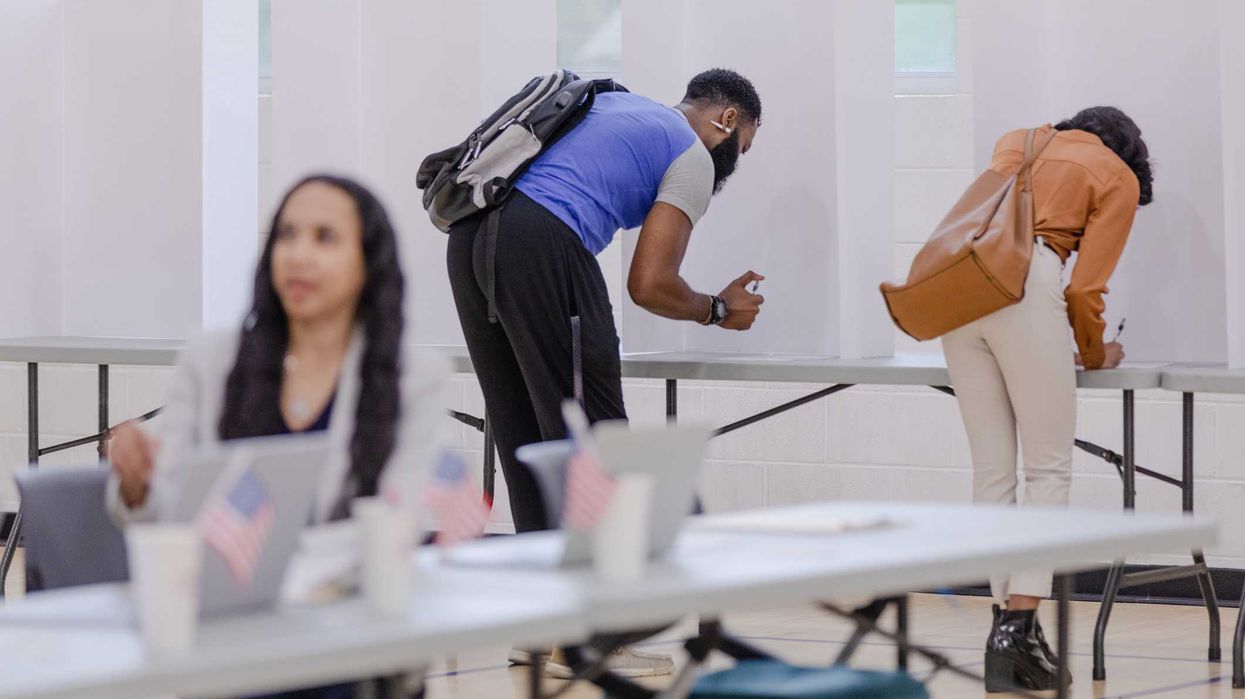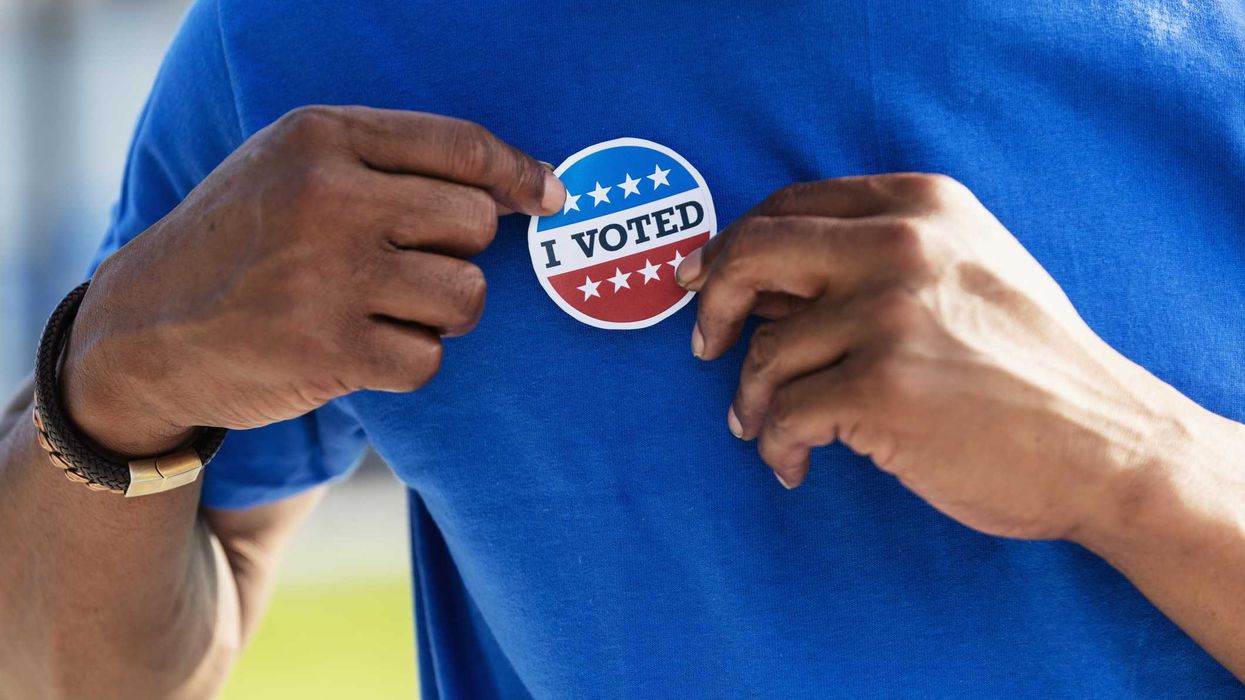The voter rolls in Pennsylvania's second biggest county are a mess and election officials are not doing enough to clean them up, according to a lawsuit filed this week.
Public Interest Legal Foundation, a conservative group focused on election integrity, filed the suit Monday in federal court against David Voye, manager of elections for Allegheny County (which includes Pittsburgh) and members of the county's board of elections.
It is the sixth federal lawsuit filed by the foundation in less than two years highlighting the problems that election officials have in keeping their lists of eligible voters up to date. Other suits have targeted Maryland, Maine, North Carolina, the county that includes Houston and the city of Detroit.
Another conservative group, Judicial Watch, has filed a series of five similar lawsuits in recent years, entering into consent decrees mandating that the voter rolls be cleaned up in California, Indiana, Kentucky, Ohio and Montgomery County, Md., a Washington, D.C. suburb. In January, Judicial Watch sent out letters threatening to sue 19 counties in five states if they did not clean up their voting rolls.
What's at stake, according to these groups and their supporters, is the integrity of our elections and the potential for voter fraud. But critics argue that overly aggressive efforts to clean up voter rolls in the name of virtually nonexistent examples of fraud have improperly removed thousands of people from the registration lists, possibly leaving them unable to vote in the next election. The harshest critics see a conspiracy to remove minority voters from the rolls.
In the Allegheny County lawsuit, the foundation states that it issued a report two years ago documenting that people who had moved, died or who were not citizens were on the voter registration rolls.
The foundation again reviewed the voter registration list provided by the county in October 2019 and found nearly 4,000 records of people who were registered twice, three times and in some cases four or more times. One person, the suit states, is registered seven times in the county,
In addition, investigators found more than 1,500 dead people were still registered to vote along with hundreds of voter registration records that lacked correct birthdates and suffered from other clerical errors.
The suit, like many of the others, claims that the county is violating the National Voter Registration Act of 1993, which requires election officials to establish a maintenance plan for keeping the voter registration rolls accurate and to execute that plan. The NVRA is also known as the motor voter law because it made it easier for people to get registered to vote, including by asking people to register when they get their vehicle registrations renewed. That and other efforts caused a swell in the voter rolls in many locations.
The county has 890,785 registered voters, according to the latest figures from the Pennsylvania Department of State. That is about 90 percent of the estimated voting age population, going by the census.
Looking at places where the number of people registered comes close to or exceeds the estimated population 18 years or older is one technique that these conservative groups have used to spot possible problem areas.
Voye, the county election official, said in a statement issued to the Pittsburgh Post-Gazette that his biggest concern is that everyone eligible gets a chance to vote and that no one is improperly removed from the voter rolls.
Christian Adams, president of the Public Interest Legal Foundation, was a member of the short-lived, ill-fated Presidential Commission on Election Integrity established by President Trump to track down allegations of widespread voter fraud in the 2016 election. Those claims were never verified.
The Allegheny County suit asks the court to find that election officials are violating NVRA, to order them to remove ineligible people from the registration rolls, and to "implement reasonable and effective registration list maintenance programs.'
